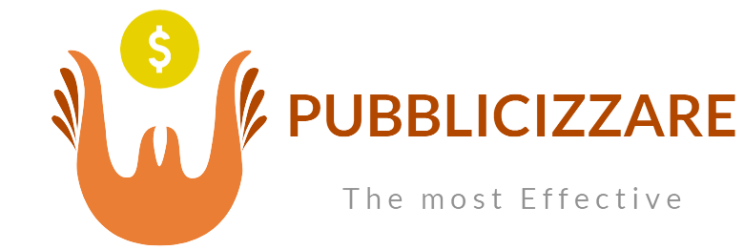Online casinos have become a popular source of entertainment and profits in Europe. However, it is essential to understand that not all online casinos are regulated or licensed, which can lead to fraudulent activities and unfair gaming practices. Therefore, understanding the licensing and regulation landscape of online casinos in Europe is crucial for both operators and players.
Online casino licensing in Europe is primarily governed by two types of jurisdictions: EU Member States like Malta, Italy, Spain etc., and offshore jurisdictions such as Gibraltar and Isle of Man. Each jurisdiction has its own set of laws, regulations, guidelines, and requirements that must be met before an online casino can legally operate within their borders.
The first step towards getting an online casino license involves application submission to the relevant regulatory body. The application process includes providing detailed information about the company’s structure, financial stability, software reliability etc. Once submitted, these applications undergo rigorous scrutiny to ensure compliance with all necessary standards.
In addition to this initial vetting process, licensed online casinos are also subject to ongoing checks by these regulatory bodies. This ensures they continue adhering to rules related to fair play standards (like random number generation), player protection measures (like self-exclusion options), anti-money 온라인 카지노사이트 laundering policies etc.
One noteworthy jurisdiction within Europe is Malta – home to the Malta Gaming Authority (MGA). The MGA’s stringent licensing procedures have earned it a strong reputation globally for upholding high levels of integrity among its licensees.
Another significant regulator within European territories is the UK Gambling Commission (UKGC). It oversees all gambling activities within the United Kingdom including those conducted by remote operators based outside UK but serving British customers.
Moreover, many European countries have their own local regulatory bodies overseeing online gambling activities within their boundaries. For instance; AAMS in Italy or DGOJ in Spain.
The existence of multiple regulators across different jurisdictions means that some online casinos hold more than one license so as they can cater players from various regions legally. This not only expands their market reach but also provides an added layer of trust and credibility among players.
In conclusion, the licensing and regulation of online casinos in Europe is a complex process designed to ensure fair play, protect players, and prevent illegal activities. It is always recommended for players to check the licensing information of an online casino before registering or making any financial transactions. Meanwhile, for operators, obtaining a license from a reputable regulatory body can significantly enhance their reputation and customer confidence while ensuring compliance with local laws. Therefore, understanding this landscape is crucial for anyone involved in the European online casino industry.


